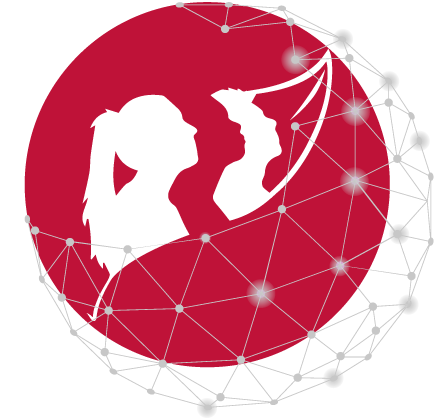Natural and artificial complex systems can be found everywhere. This is an area where mathematics, computer science, biology, physics, mechanics and economics all interconnect. Artificial complex systems, known as “cyber-physical” systems, are made up of computer programs and systems. They manage, control and automate many tasks that have a direct impact on our daily lives and cannot be allowed to fail, such as commercial planes, medical devices and defense equipment. Well-known bugs have shown that traditional testing can be inadequate, as was the case for the first launch of Ariane 5. It is essential to prove the validity and reliability of these constantly changing programs with new techniques, to ensure that they operate properly.
Three objectives
- Developing the attractivity of careers in systems architecture and engineering for students and researchers, in order to better meet the needs of a growing sector.
- Developing new research themesin complex systems architecture and engineering (creation of new synergies, funding for permanent staff members, PhD grants and postdoc grants)
- Developing France’s scientific influence on systems architecture and modeling and setting up new scientific partnerships with leading universities in Europe, the United States and elsewhere.
A large number of partners
The Complex Systems Engineering Chair was formally set up in 2003, in a partnership that involved École polytechnique, Fondation de l’École polytechnique and Thales. In 2011, its scope extended to École polytechnique, ENSTA Paris and Télécom Paris as regards academic institutions, together with their foundations, Fondation de l’Ecole Polytechnique, Fondation Paris and FDO ENSTA Paris Alumni, and also to Dassault Aviation, DCNS, the General Directorate for Armament and Thales as regards industry and governmental institutions.
